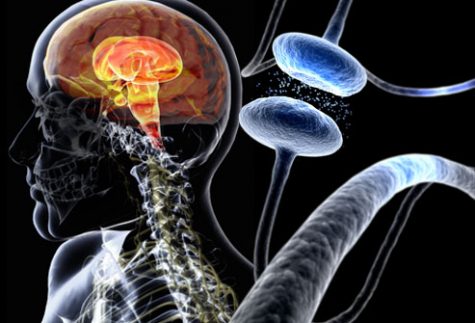Anxiety added to Pennsylvania’s list of qualifying conditions for medical cannabis
The decision to expand Pennsylvania’s list of qualifying conditions was made following a suggestion from the Medical Marijuana Advisory Board
Pennsylvanians who endure persistent anxiety are now officially eligible to receive medical cannabis as a treatment. The state’s list of qualifying conditions has also been expanded to include Tourette’s syndrome.
Lawmakers made the decision during the Pennsylvania Medical Marijuana Advisory Board meeting earlier this month. The two newly-added “serious medical conditions” were approved earlier in the year, but have only just been given the go-ahead by the Commonwealth Department of Health.
With anxiety added to Pennsylvania’s list of qualifying conditions, the outlook for medical cannabis sales looks promising. Within the first month of the DOH expanding the list, over 3,000 patients had already enrolled in the program with an anxiety diagnosis.
Medical Marijuana Advisory Board pushed for expansion of Pennsylvania’s qualifying conditions
Cannabis was legalized for medical purposes in Pennsylvania on April 6, 2016. As many as 111,000 patients have registered for Pennsylvania’s medical cannabis program since the program’s launch in 2017. This is based on data from the state’s Office of Health.
The recent decision to expand Pennsylvania’s list of qualifying conditions was made following a suggestion from the Medical Marijuana Advisory Board. Adding anxiety and Tourette’s syndrome to the list means that more residents can now enroll in the state’s medical cannabis patient program.
Some other conditions/ailments that qualify for medical cannabis in Pennsylvania include amyotrophic lateral sclerosis (ALS), Crohn’s disease, dyskinetic disorders, Huntington’s disease, neurodegenerative disorders and post-traumatic stress disorder (PTSD), among many others.
Cannabis has anxiolytic effects, but more research on humans is needed
Prior to the expansion of Pennsylvania’s qualifying conditions, the advisory board conducted research into the plant’s potential for treating anxiety symptoms, which may also accompany individuals who suffer from Tourette’s syndrome.
Various studies have successfully demonstrated the plant’s anxiolytic effects. A 2015 study on the prospective effects of cannabis on risk for anxiety and depression suggested that the plant’s mood-enhancing properties may actually reduce the risk of a person developing either type of mental health problem.
“Cannabis sativa is a medicinal herb with a diverse range of chemotypes that can exert both anxiolytic and anxiogenic effects on humans,” concluded the researchers from this 2018 study.
A separate study conducted by Washington State University scientists revealed how short-term levels of anxiety, stress and depression were decreased when cannabis was smoked. Their findings were published in the Journal of Affective Disorders in April 2018.
In spite of the science, there is still a lack of clinical trials on humans; a problem that will likely continue until cannabis is legalized at the federal level.











